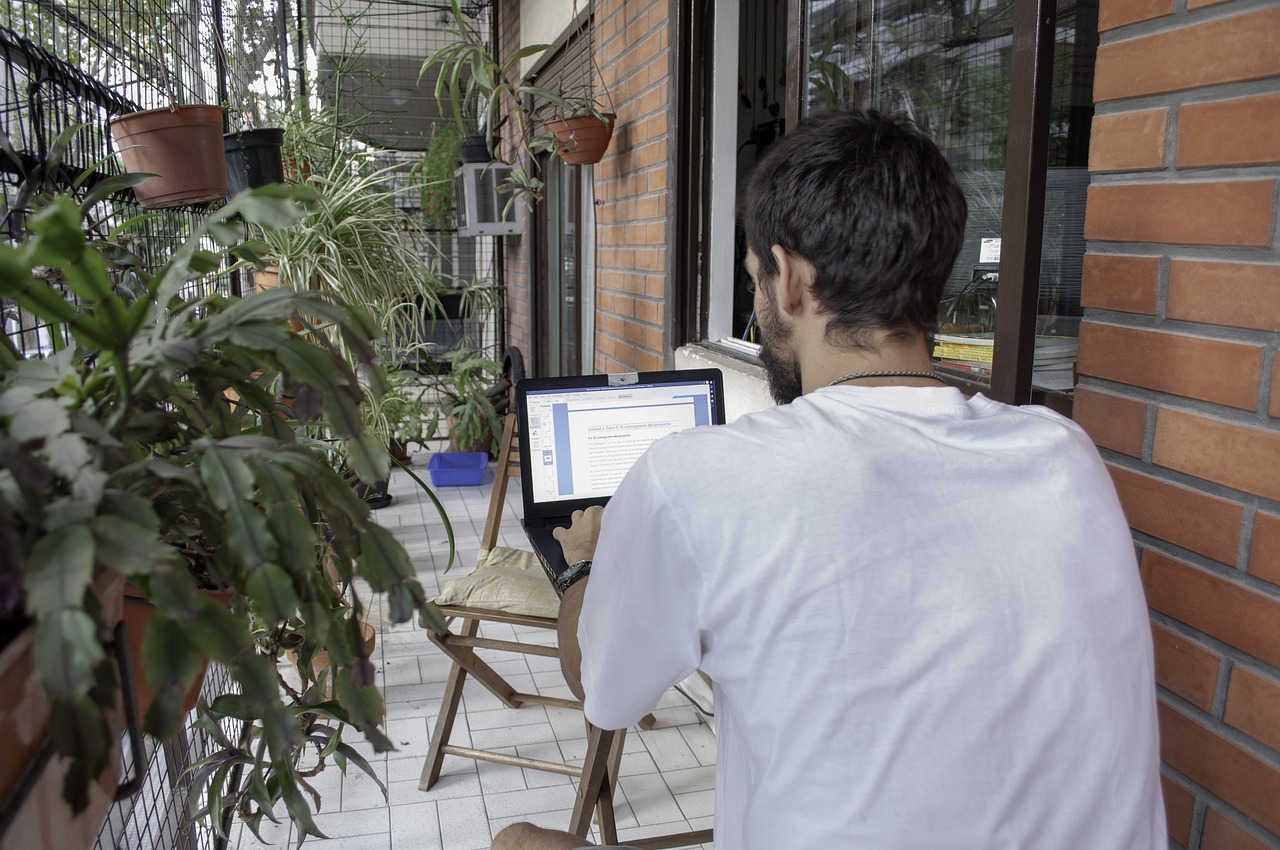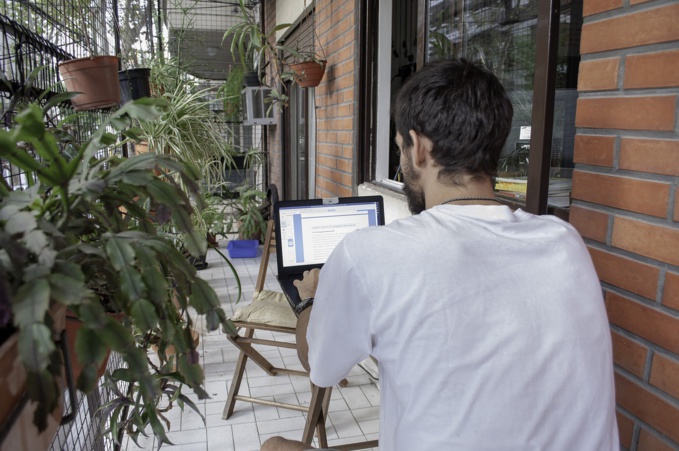Deutsche Bank Chief Strategist Jim Reed's review "What we must do to rebuild" proposes introduction of a 5% tax for those who work from home during the pandemic. According to the strategist, this will not worsen the quality of life of employees as the money is equivalent to spending on transport and lunch when working from the office.
The pandemic has made it clear that a tax on remote jobs is necessary, Reed writes. Those who can work from home usually have an income above average. Assuming that the average salary of a person who works from home is $55,000 per year, the tax of 5% would cost just over $10 per working day. An employee spends approximately this amount on travel and lunch while working in office. If the same rate is applied in the UK, where the average salary of an employee from home is £35,000, then the tax will be just under £7 per day. In Germany, if the average wage of such workers is €40,000, the tax will be around €7.50 per day.
A tax of this level does not imply that the situation of companies or employees will worsen. In fact, it will be better, as they will save more on cutting office costs than on taxes paid for workers in the home. For the US economy, this tax is estimated to bring in an additional $48 billion per year. For the UK it will be 6.9 billion pounds sterling and for Germany it will be €15.9 billion.
The strategist proposes to spend this money on grants of $1500 for 29 million workers who cannot work from home and earn less than $30,000 per year in the US. Many of them bear increased risks during a pandemic. Similarly, in Germany, this additional income can be used to finance the poorest 12% of the population who earn less than €12,600 a year. The same measure is valid for the UK citizens with a minimum wage.
The plus of the tax on home-based workers is that it does not simply subsidise businesses that have no long-term future, but supports the masses of people, many of whom have had to find low-paid jobs in the new environment while they are looking for new opportunities. A helping hand must be extended to these people. The second category is workers who take on the risks of coronavirus infection and receive low wages.
source: bbc.com
The pandemic has made it clear that a tax on remote jobs is necessary, Reed writes. Those who can work from home usually have an income above average. Assuming that the average salary of a person who works from home is $55,000 per year, the tax of 5% would cost just over $10 per working day. An employee spends approximately this amount on travel and lunch while working in office. If the same rate is applied in the UK, where the average salary of an employee from home is £35,000, then the tax will be just under £7 per day. In Germany, if the average wage of such workers is €40,000, the tax will be around €7.50 per day.
A tax of this level does not imply that the situation of companies or employees will worsen. In fact, it will be better, as they will save more on cutting office costs than on taxes paid for workers in the home. For the US economy, this tax is estimated to bring in an additional $48 billion per year. For the UK it will be 6.9 billion pounds sterling and for Germany it will be €15.9 billion.
The strategist proposes to spend this money on grants of $1500 for 29 million workers who cannot work from home and earn less than $30,000 per year in the US. Many of them bear increased risks during a pandemic. Similarly, in Germany, this additional income can be used to finance the poorest 12% of the population who earn less than €12,600 a year. The same measure is valid for the UK citizens with a minimum wage.
The plus of the tax on home-based workers is that it does not simply subsidise businesses that have no long-term future, but supports the masses of people, many of whom have had to find low-paid jobs in the new environment while they are looking for new opportunities. A helping hand must be extended to these people. The second category is workers who take on the risks of coronavirus infection and receive low wages.
source: bbc.com



















